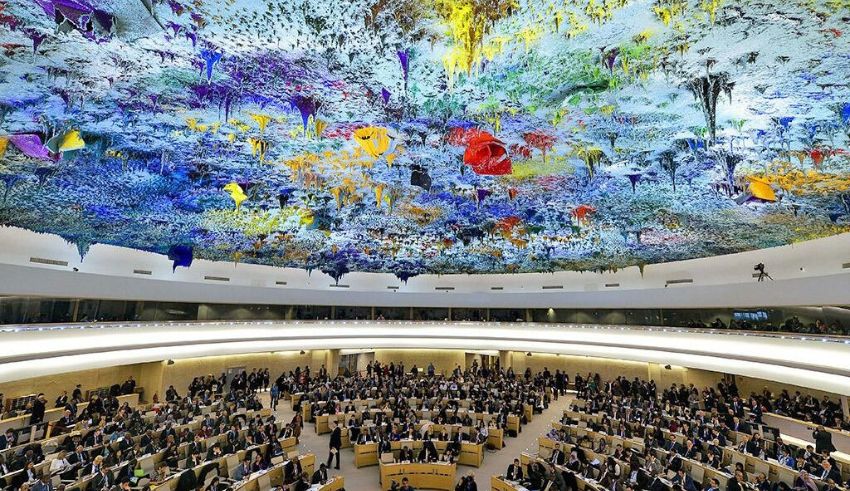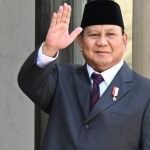
The recent convening of the International Covenant on Civil and Political Rights (ICCPR) session in Geneva has once again thrust Indonesia’s human rights record into the international spotlight.
The nation’s representatives found themselves in a defensive posture as they grappled with probing inquiries regarding Indonesia’s commitment to upholding human rights and political freedoms. This article seeks to unravel the intricate dynamics surrounding Indonesia’s stance on human rights, exploring the multifaceted challenges and responses encountered during the Geneva session.
A Defensive Posture
As delegates from across the globe converged in Geneva, Indonesia stood at the center of attention, confronted with a barrage of questions regarding its human rights landscape. The nation’s representatives found themselves on the back foot, fielding accusations of evasiveness from activists who pointed to a glaring dissonance between official pronouncements and the ground realities experienced by Indonesian citizens. Critics lamented what they perceived as a lack of genuine engagement and substantive dialogue on critical human rights issues.
The Spotlight on Indonesia
The ICCPR session served as a crucible, subjecting Indonesia’s human rights framework to meticulous examination. A spectrum of issues, ranging from the implications of the revised Criminal Code to the unresolved legacies of past human rights violations and the contours of freedom of expression, came under intense scrutiny.
Led by the Foreign Ministry’s multilateral cooperation director general, Indonesia’s delegation endeavored to portray a narrative of progress, emphasizing purported advancements in the realm of human rights. However, the delegation’s responses failed to assuage the concerns of many discerning observers, who deemed them inadequate and unconvincing.
Keep Reading
Persistent Challenges
Despite assertions of forward momentum, activists and civil society actors remained steadfast in their critique of Indonesia’s human rights trajectory. They argued that the government’s rhetoric of progress often rang hollow in the absence of tangible reforms and meaningful accountability mechanisms, particularly in regions marred by persistent violence and unrest, such as Papua.
The deputy director of Amnesty International Indonesia voiced frustration at what they perceived as the government’s habitual recourse to repetitive and unsatisfactory responses, highlighting the urgent need for substantive action and genuine dialogue.
Indonesia’s engagement with human rights discourse at the Geneva session underscored the ongoing tension between official narratives and grassroots demands for transparency, accountability, and justice. As the international community continues to monitor Indonesia’s human rights trajectory with vigilance, the nation stands at a critical juncture, tasked with reconciling competing imperatives and charting a course that honors its commitments to human rights and fundamental freedoms.























